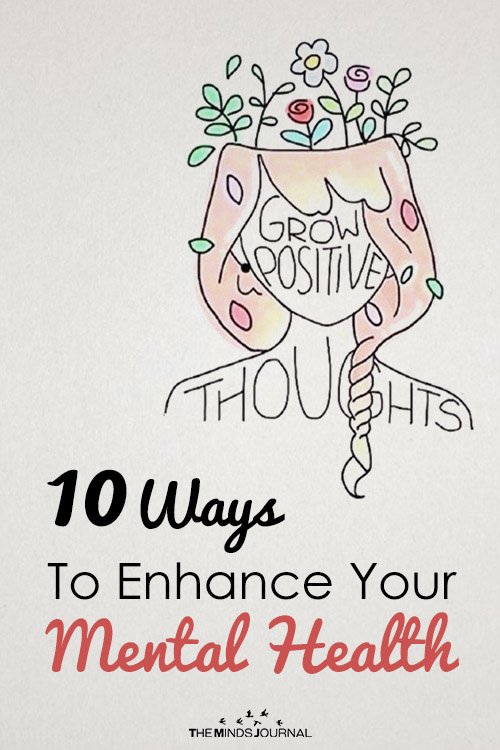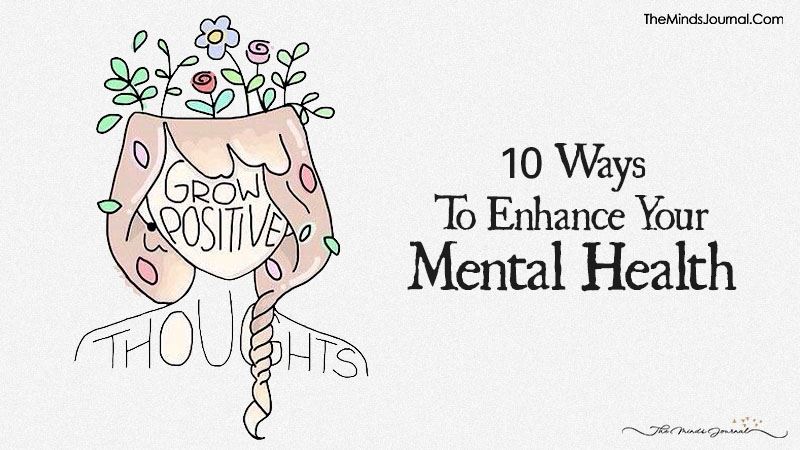When conversing about health, a balance between mental health and physical health is highly debatable.
Yet, what we fail to notice is that both of these are heavily reliant on one other. Even immense physical abilities would deter without the presence of a good and stable mental health.
The compelling characteristic about our mental health is symmetrical to the idiom, “What we reap, is what we sow” i.e. our mental health is actively influential to our chores and our moments.
A common paradigm would be when you have a pleasant and an upbeat mental health, you look at things more positively and everything seems to fall in place and we have a good day.
Whereas, an unstable mental health would pull you down and give you the reflective effect.
One of the most typical habits is neglecting mental health and its pivotal role in our life and prioritizing physical development over mental development.
And while taking the first step towards correcting the flaws in their mental ability, they are criticized and judged and are deemed to be weak.
Whilst, the truth is, it’s not a sickness, it’s just an imbalance situated in the brain.
Here are 10 ways to enhance your mental health:
1) Repute yourself.
It’s commonly observed that we condemn ourselves for any minor error or mistake we make, making us our own antagonist, leading to discipline us in a psychological manner.
Even though this sort of reflection can be helpful in certain situations, one should ensure keeping personal interests and hobby as their priority and develop some personal empathy, which can be achieved through various mediums such as yoga.
2) Nurture your physical health
Mental and physical health forms a well-established bridge and the condition of one of them plays a pivotal role in maintaining the other.
In order to have a rooted mental health, one’s body should be taken care of too. Sleeping for the right hours, eating healthy, staying away from smoking and drinking and ample exercise is the key ways to maintain good physical health.
3) Keeping good company
Some people tend to have varied social lives. Some aren’t fortunate enough to maintain good ties with family and friends, which can be highly disturbing for our mental well-being.
Surrounding, yourself with the right kind of people and the ones that you feel will motivate you will stabilize the mood and thus, going to events meeting people and socializing is an important aspect.
4) Be the giving hand
Providing people with aid, not only monetarily but also through giving time and sharing personal opinions will reap you benefits. This gives you satisfaction as you are voluntarily helping others and you dedicate yourself to a cause.
5) Stress Management
Let’s face the truth: We are very inexperienced and poor when it comes to managing stress. Burdening your shoulders with stress proves to have adverse effects on your mind and body.
Following stress-busting exercises, activities and tips from various experts can lead to a decline in taking the stress and would immensely help you by bringing inefficiency.
Read Burnout Prevention and Treatment Strategies How To Deal with Overwhelming Stress
6) Mute your mind
The brain is just like a machine, producing one thought after the other. Yet, sometimes we tend to overthink regarding some situations, worrying our mental ability and us.
Affecting our emotions it can take your mental health for a toss. Calming down your thoughts and analyzing any situation would help you tackle overthinking. Breathing techniques, relaxation, and prayers are effective ways to muting your mind.
Read Are Medications The Only Solution To Mental Illness?
7) Evaluate your job
Work can play a huge part to spoil the mental health, especially one that carries stress. A survey shows that few working conditions (doctors, sale persons etc.) could lead to depression.
Reconsidering your current job by reviewing its condition and satisfaction can be a healthy practice and finding a less stressful environment should be always prioritized.
8) Escaping the clutches of alcohol and drugs
Many believe that alcohol and drugs can be used as temporary methods to bust stress, but also once the addiction is formed, quitting it can be one of the most complex tasks.
Dropping these habits immediately and focusing on better ways can lead to mental enhancements.
Read Can Alcohol Ever Be Considered a Shamanic Sacrament?
9) Breaking the stereotypical routines
Following an agenda and schedule is a must but if it becomes a permanent routine and doesn’t let you get some me time, then you should shake it off and break it.
Changing patterns in your routine and adding more fun element would ensure a happy and content mind
10) Approach for help
Consulting experts, reading self-help books, asking people for advice won’t make you weak. Instead, it helps in developing key characteristics and one shouldn’t hesitate to find aid for mental aid.
Remember it’s not a sickness, and it’s nothing to be ashamed of.









Leave a Reply
You must be logged in to post a comment.